
The common cold is a disease that every person meets at least once in a lifetime. Usually, people catch a cold in the autumn-winter period, a person with a weakened immunity can get cold several times a year. If you don’t start treatment on time, a common cold can beсome a serious problem. Complications of the viral respiratory illness, such as pneumonia, bronchitis, sinusitis, are especially dangerous.
At the same time, it is not recommended to take antibiotics or other potent drugs at the beginning of the disease. Doctors advise starting treatment with well-known effective methods of traditional medicine – herbal teas, eating foods rich in vitamin C and of course treatment with essential oils.
A lot of essential oils possess antibacterial, antifungal, antimicrobial, anti-inflammatory and analgesic properties. These properties of oils have been known since ancient times and have been successfully used to treat cough and other cold symptoms. The most effective herbal remedies for colds are
- Eucalyptus
- Lemongrass
- Peppermint
- Oregano
- Lavender
- Tee tree
For successful treatment, the oils must be pure and natural. This can be achieved at home by making them in a copper steam distiller.
The best essential oils for cold and flu
- Scientific research has proven that eucalyptus’s medicinal properties were so strong that the plant’s leaves “may be exploited as a natural antibiotic for the treatment of several infectious diseases.” Eucalyptus essential oil holds all of the medicinal properties of the plant itself, and it’s an excellent way to ward off colds. For example, to stop coughing you can
- add 2-4 drops of eucalyptus oil to 1 ounce of olive or coconut oil and rub the mixture onto the chest and throat
- dilute eucalyptus oil in boiling water and inhale healing steam.
- Lemongrass essential oil can also help prevent a cold, and it is useful to add some lemongrass oil to the bath when you feel a one coming on.
- Menthol is an extract of peppermint. When inhaled diluted peppermint oil, it creates a cooling sensation that can soothe or numb a scratchy throat.
- Oregano essential oil contains a high level of a potent compound called carvacrol. It is a helpful antimicrobial agent that can fight off many types of germs. This oil could, therefore, help to treat viral or bacterial causes of a cough.
- Lavender oil may improve symptoms of sinus congestion by reducing pain and swelling.
- Tea tree oil (Melaleuca) can inhibit the growth of bad bacteria that cause sinus infections and respiratory issues.
Crushed tea tree leaves have been inhaled by Australian Aborigines to treat coughs and colds, and inhaling tea tree oil may also help to ease the effects of a cough.
- Bergamot oil is effective against flu viruses as a vapour after just 10 minutes of exposure.
How to use essential oils for cold?
Essential oil for cold can be used by diluting the oil in boiling water and inhaling the steam, adding the oil to a diffuser, using it in a blend of tropical oils.
Steam inhalation is very useful in the treatment of respiratory viral diseases. For best results, follow the next steps:
- Place up to seven drops of essential oil in a large pot or bowl of boiling water.
- Lean over the bowl (keep about ten inches away or you may get a steam burn) and cover your head with a towel to create a tent.
- Close your eyes and breathe through your nose for no more than two minutes at a time.
Mixtures of several essential oils are very popular for treating colds. Here is one of the best recipes:
3% of mixture containing aromatic essential oils of Eucalyptus citriodora, Eucalyptus globulus, Mentha piperita, Origanum syriacum, and Rosmarinus Officinalis, spraying to the throat.






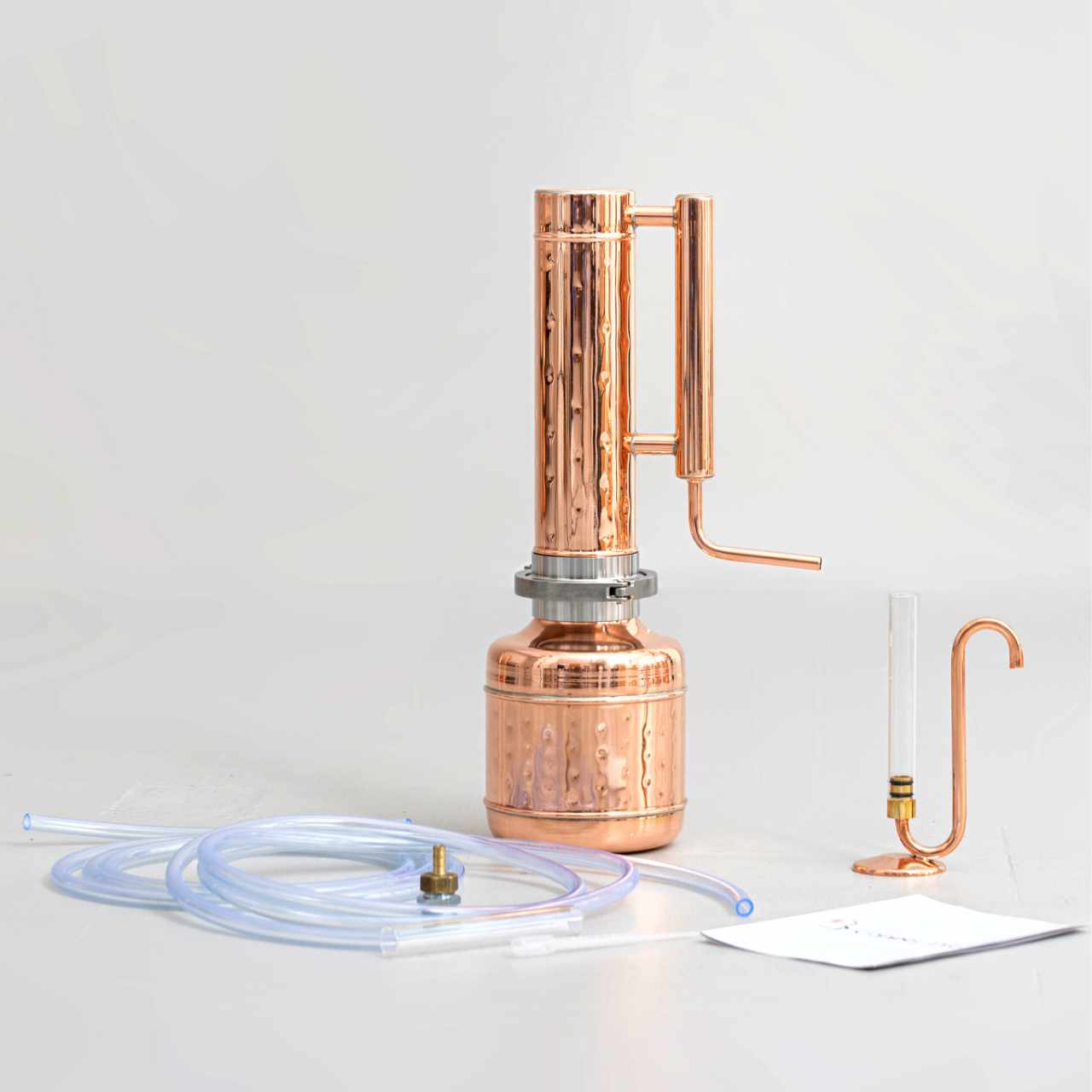
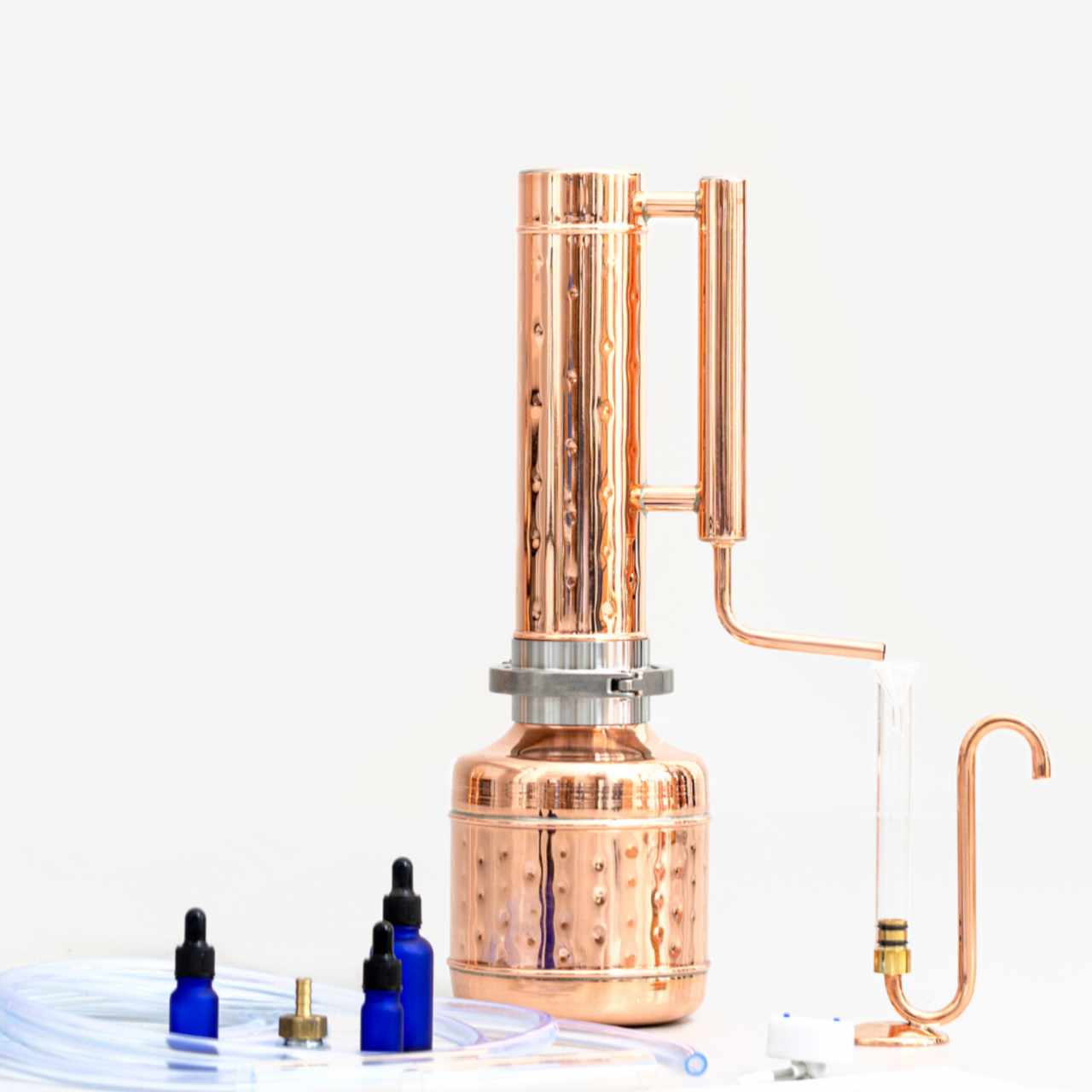
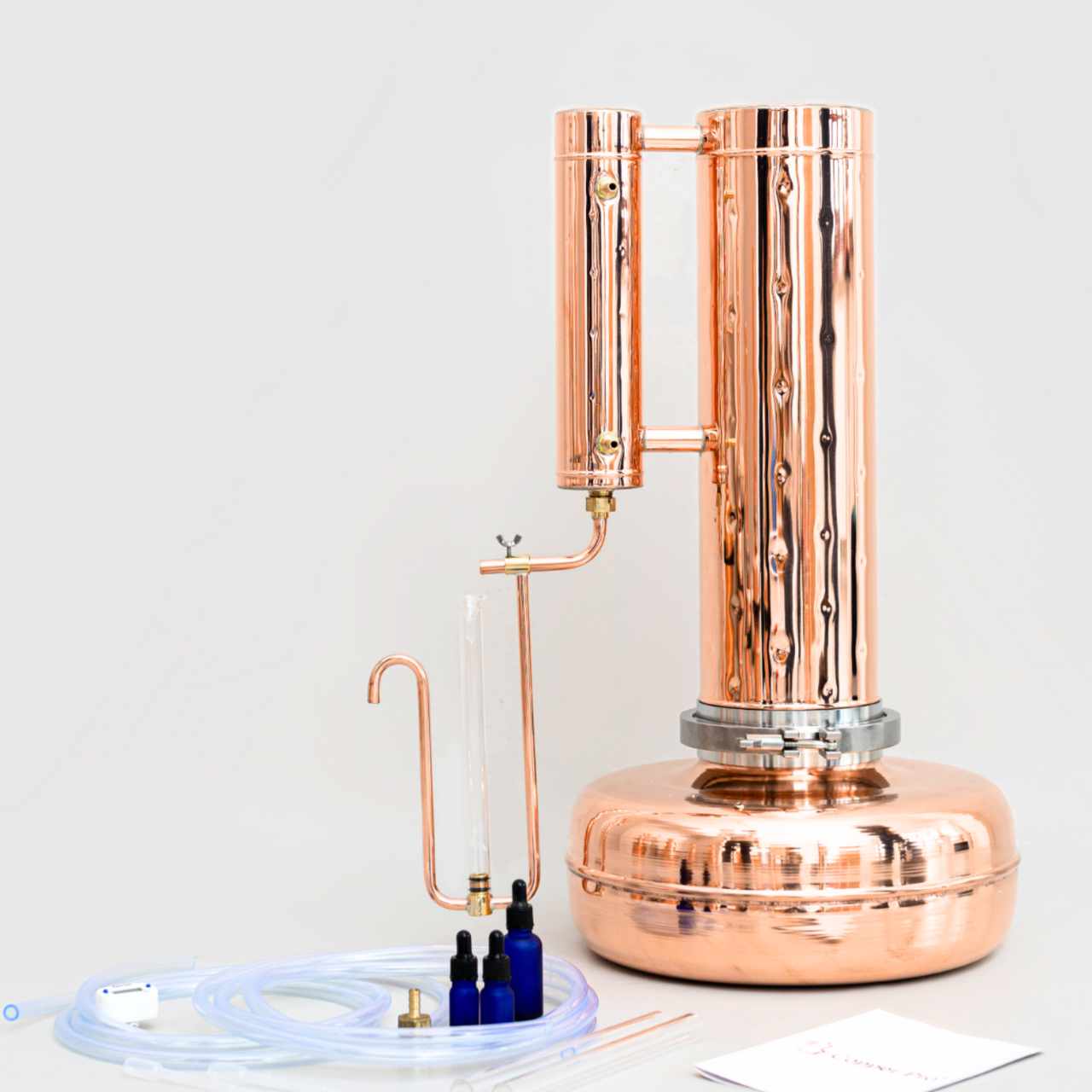

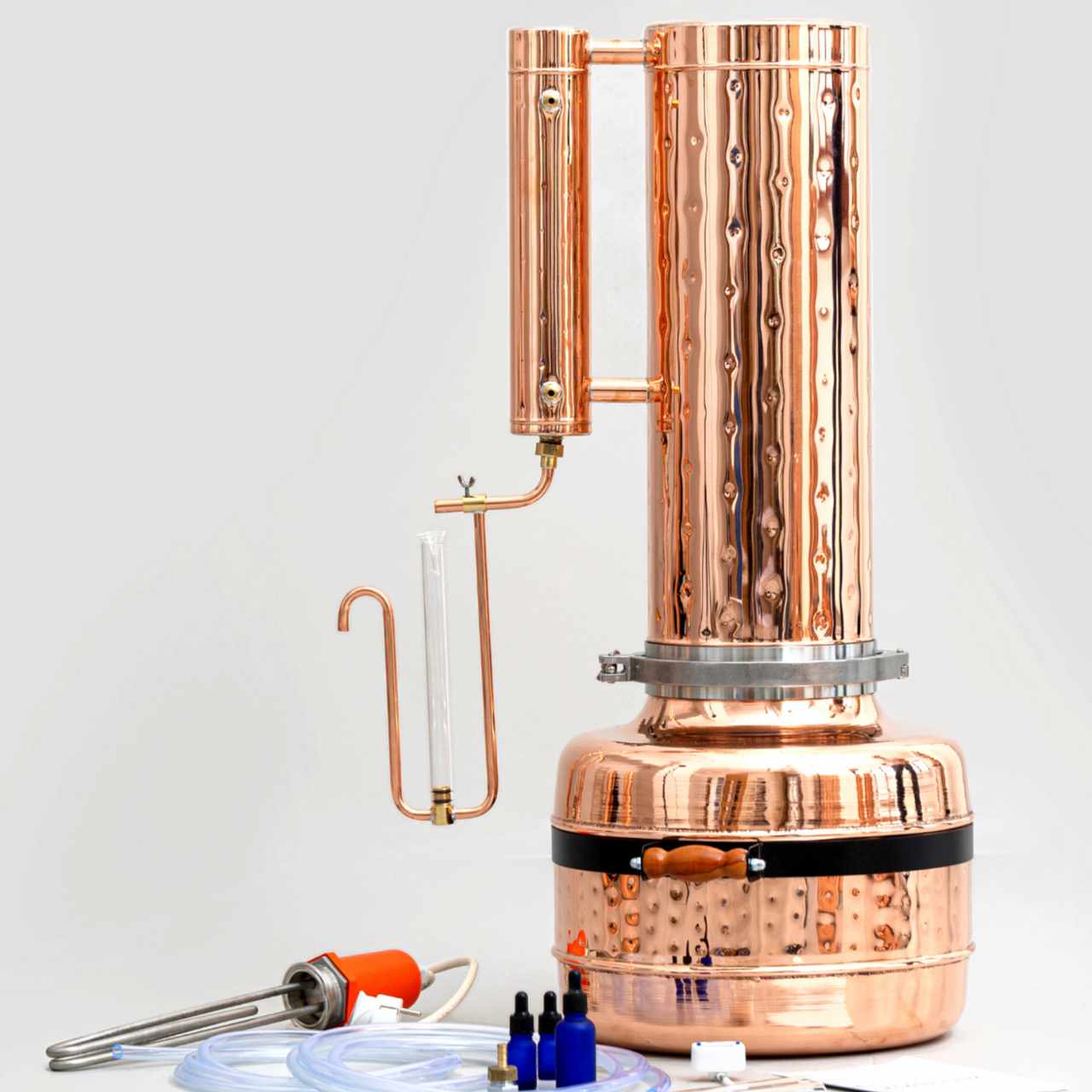
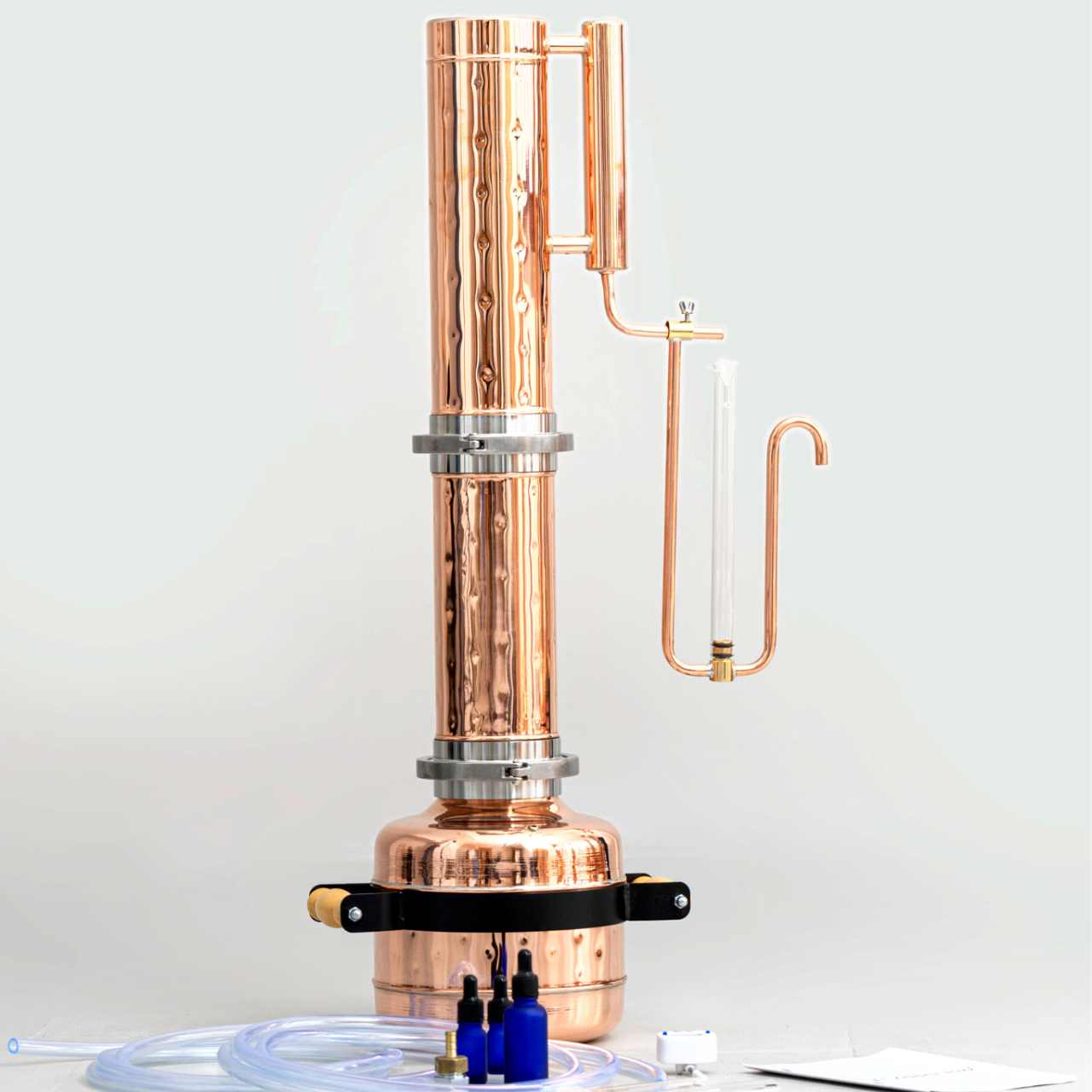
![Essential oil extractor 0.53G (2L) - [Premium Kit] - Copper Pro](http://copper-pro.com/cdn/shop/files/essential-oil-extractor-053g-2l-premium-kit-127057.jpg?crop=center&height=1280&v=1740390471&width=1280)
Comments (0)
Back to Blog Posts